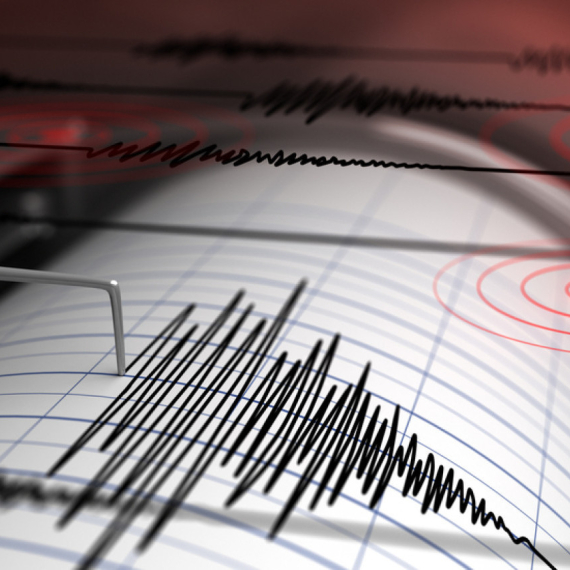C. bank's reference interest rate raised to 11.75%
The Executive Board of the National Bank of Serbia (NBS) decided on Tuesday to increase the reference interest rate from 11.50 percent to 11.75 percent.
Wednesday, 06.02.2013.
13:27

BELGRADE The Executive Board of the National Bank of Serbia (NBS) decided on Tuesday to increase the reference interest rate from 11.50 percent to 11.75 percent. This monetary measure aims to prevent the transfer of effects of government regulated prices to other prices, the central bank announced. C. bank's reference interest rate raised to 11.75% The adoption of the annual correction dynamics for government-regulated prices will contribute to the realisation of conditions necessary for restoring and keeping inflation within the limits of target inflation. It is also important to implement the programme of fiscal consolidation consistently, the NBS stated. The NBS Executive Board stated that with the achieved stability of the foreign exchange market, inflationary expectations have been reduced and low aggregate demand in the next period will exert a strong disinflation influence. Mild recovery was also recorded in terms of economic activity and the first effects of this became obvious in the final quarter of the previous year. According to the assessment of the Executive Board, low comparative base and an increase of government-regulated prices will have the greatest influence on inflation rate oscillations. With the arrival of the new agricultural season and with the effects of the monetary measures implemented so far, the inter-annual inflation rate will start dropping and return to the limits of target inflation by the end of the year. Tanjug
C. bank's reference interest rate raised to 11.75%
The adoption of the annual correction dynamics for government-regulated prices will contribute to the realisation of conditions necessary for restoring and keeping inflation within the limits of target inflation.It is also important to implement the programme of fiscal consolidation consistently, the NBS stated.
The NBS Executive Board stated that with the achieved stability of the foreign exchange market, inflationary expectations have been reduced and low aggregate demand in the next period will exert a strong disinflation influence.
Mild recovery was also recorded in terms of economic activity and the first effects of this became obvious in the final quarter of the previous year.
According to the assessment of the Executive Board, low comparative base and an increase of government-regulated prices will have the greatest influence on inflation rate oscillations.
With the arrival of the new agricultural season and with the effects of the monetary measures implemented so far, the inter-annual inflation rate will start dropping and return to the limits of target inflation by the end of the year.





















































Komentari 0